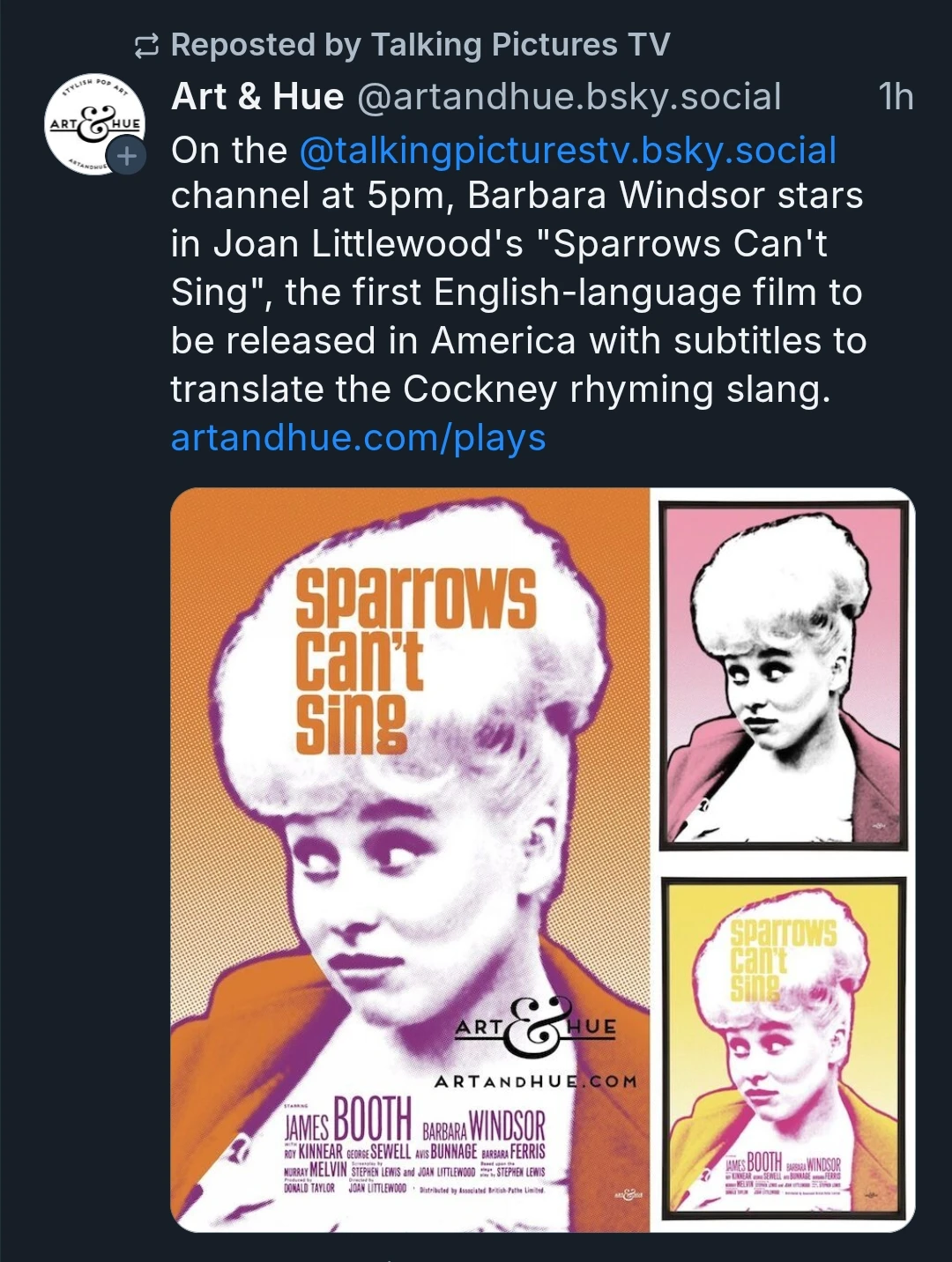Industry figures in the UK have reacted with a mixture of defiance, fatalism and dismay to the stark data in the British Screen Forum report Show Me The Money!. Described as “lance-like in its clarity” by one attendee at its mid-September launch, the report highlights the parlous state of UK independent film financing.
Its author Ben Keen, with access to BFI certification data over a 10-year period from 2014 to 2023, revealed total investment in local film production plummeted to £160m ($214.3m) in 2023 — its lowest ever level — compared to a high of £406m ($544m) in 2016 and less than half of the £327m ($438m) achieved in the post-pandemic recovery year of 2021. His report also highlights the “collapse” of equity investment in UK indie feature production, which covers a period before the new UK Independent Film Tax Credit (IFTC) was announced in the last government’s spring Budget, allowing eligible films to claim an enhanced Audio-Visual Expenditure Credit of 53% (approximately 40% after tax) on qualifying expenditure for budgets up to £15m ($20m).
MP Caroline Dinenage, recently re-elected as chair of the UK Parliament’s culture, media and sport (CMS) committee, has confirmed it is likely to be looking closely at the report’s claims. “The findings of the report are a stark reminder of the challenges facing the British film and TV industry,” she tells Screen International. “It is precisely why, as chair of the previous CMS committee, I was keen to launch an inquiry into British film and high-end TV. I hope I can persuade the new committee to reignite that work and build on it to help ensure the sector remains one of our global cultural success stories.”
Others have acknowledged the report lays bare uncomfortable home truths that were already widely known, if not always openly acknowledged. “All the detail in the report echoes the work we did in 2017 right through to us getting the enhanced tax credit in the Budget this year,” says John McVay, CEO of UK independent producers’ association Pact. “The fundamentals are what we’ve been talking about for years — declining pre-sales, less capital coming into the market, budgets going down which impacts on the competitiveness and quality of our product.
“That means it’s even harder to recoup and go into profit,” he continues. “The statistic in the report about how few producers went on to make another film [after their first feature] is something that all our research picked up.”
...
“It is a challenging time, pre-selling can be hard, access to equity finance is hard and access to top talent is hard. All the things that traditionally made our business run are no longer straightforward,” agreed Dave Bishop, CEO of sales, finance and production firm Protagonist Pictures. “It takes a huge team to get any independent production across the line.”
The lack of investor confidence in UK indie film after a series of well-publicised scandals was also picked up on by speakers. “There are too many stories that would ward off investors in this industry. We all remember the film partnerships. They played out on the front pages of the dailies,” noted John Glencross, chief executive of Calculus Capital.
...
In the coming months, UK film is expected to be boosted by the releases of high-profile titles including Paddington In Peru, Bridget Jones: Mad About The Boy and 28 Years Later. Nonetheless the situation remains dire for smaller indie projects.
“This is the only industry where the creators of the product say, ‘I know what I want to make,’ without a great deal of reference to what the market might be looking for,” said Glencross of the struggling UK indie film sector. “In this country, there’s too little regard to what the market wants. In a way, it’s almost like swearing in the cathedral to say that.”
